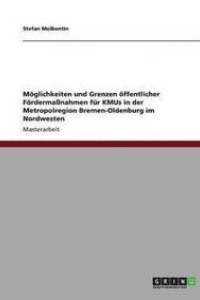
Liknande böcker
Demographic Change and Its Economic Consequences for USA Compared to Germany
Bok av Lukas Scisly
Seminar paper from the year 2009 in the subject Business economics - Economic Policy, grade: 1,0, , language: English, abstract: Many countries in the world have gone through demographic transitions which have serious consequences on their economies. Examples for these are the USA and Germany. Since 1950, USA's population has been going through a demographic transition. Although its population has experienced growth over the years, it is aging rapidly and has become more racially and ethnically diverse. Germany on the other hand, has a diminishing population with a population structure of people 65 and over, rising at a rapid rate. These demographic changes have had sig-nificant consequences for these economies and have ultimately led to policy implementations to address the issue. There are also grave concerns for the future of the economies, and the question of policy considerations for these changes.
The purpose of this research paper is to examine demographic changes that have occurred over time in USA and Germany, the impact that these changes have on these economies in par-ticular the labor market and the health system and future implications of these changes. Additionally, policy considerations that have been made to address these demographic changes will be addressed. This paper seeks to investigate what current and future impacts demographic changes have on USA and Germany and how the countries counteract these impacts.







